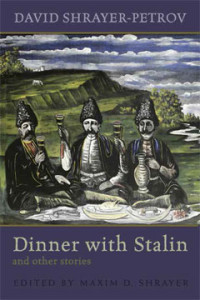Words of the Week, III
Gary Rosenblatt, “The Editor’s Desk: 10 Lessons from the Gaza War” (The Jewish Week):
“One can only imagine, with horror, the result if Israel did not have the Iron Dome and if thousands of Hamas rockets had found their targets: Israeli civilians. Would the nations of the world have been more sympathetic then to Israel’s plight? Maybe, but it is better to have their anger than their pity.”
Ilana Curiel, “Hamas keeps up rocket pressure on Israel; man seriously hurt along Gaza border” (Ynetnews.com):
“In Eshkol, a man in his 30s sustained serious chest wounds when he was hit by rocket shrapnel. The man, who was at the kibbutz children’s house with his wife, pushed one of the nursery teachers and a child into the safe room, saving their lives. Three-year-old children live in the children’s house that was hit.”
Alexander Joffe and Asaf Romirowsky, “Stop Giving Money to the U.N.’s Relief Agency for Palestinians” (The New Republic):
“As it is, UNRWA is effectively a branch of Hamas.”
James Kirchick, “Excluded, for Zionism, at New York’s Inclusive LGBT Synagogue” (Tablet; I’ve opted for the article title that shows up at the top of the webpage, rather than the clickbait title you’ll see as you scroll down):
“Yet having finally won the acceptance from mainstream Judaism that had so long eluded them, some gay Jews now feel excluded at CBST because of their Zionism.”
